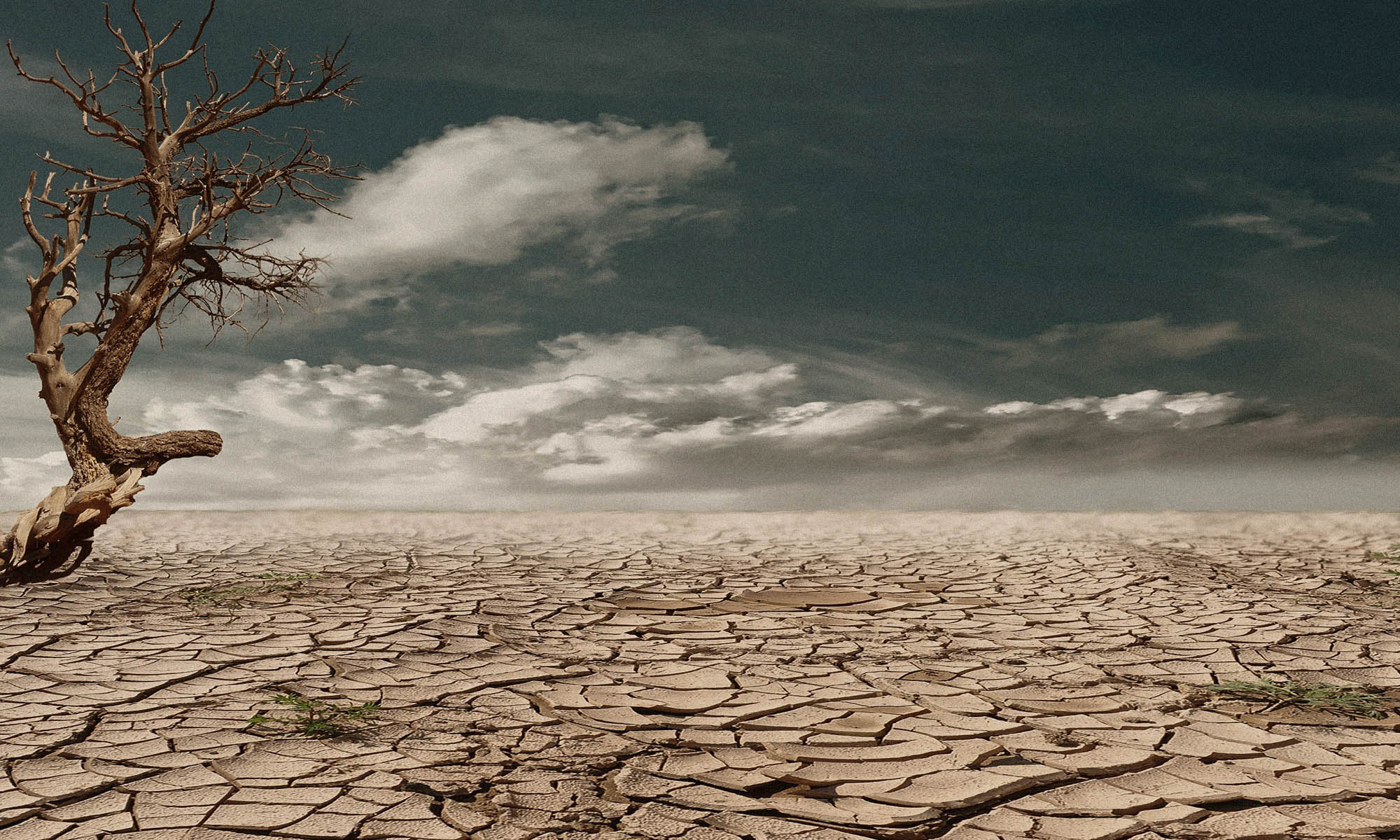Thank you to all who contributed to making this a success. The competition is now closed.
Our planet continues to suffer the effects of human activity, including land degradation, air pollution and contamination of waters. For the most part due to human activities, the waters have been turned into places of dumping toxins, and arid lands sites for testing and deserting warfare equipment. The wild animals have become a means of quick riches as they are killed for their valuable body parts. The polluted air that we breathe has become the cause of our premature slow deaths. The list is endless. The ability of our natural resources to replenish themselves is being strained by the consumption of the high and rapidly increasing human population.
Yet, mankind remain ignorant, even adamant because of the values we grew up with; values that are no longer sustainable if we are to continue existing in this planet as we know it.
That is why we need environmental education to be a basic subject, not to be taught just formally like mathematics and history, but to be a way of life for the young generation; the leaders of tomorrow.
Environmental Education, as defined in the UNESCO (United Nations Educational, Scientific and Cultural Organization) Tbilisi Declaration (1978) is a learning process that increases people’s knowledge and awareness about the environment and associated challenges, develops the necessary skills and expertise to address the challenges, and fosters attitudes, motivations, and commitments to make informed decisions and take responsible action.
With just as much right to live in comfort utilizing the resources that nature gives unto them, children and youth do not have the option of spending these resources as freely as their predecessors. Their knowledge, attitude and practices have to be focussed on sustainable development and social individual and shared responsibility for the general good of their natural capital. It is their only hope for a future as good as their present life, and can make it even better.
The focus of Africa Environment’s My Future, My Environment educational campaign is mainly on:
- Disseminating information and imparting knowledge and understanding about the environmental systems and environmental challenges to children and youth.
- Encouraging and promoting self-learning on environmental aspects through research amongst children and youth.
- Influencing change of attitude and concern for the environment from a tender age so as to ultimately bring up an environmental conscious generation of mankind.
- Imparting skills to mitigate the environmental problems through encouraging participation in exercising acquired knowledge.
The core intent of this educational campaign is to foster this necessary change in the lifestyles of the upcoming generation. Their future surely depends on their environment. Our approach is in full recognition that Education is not enough by itself but is a tool which has to be combined with skills and experience to cause any desired change. Change we shall bring.




You must be logged in to post a comment.